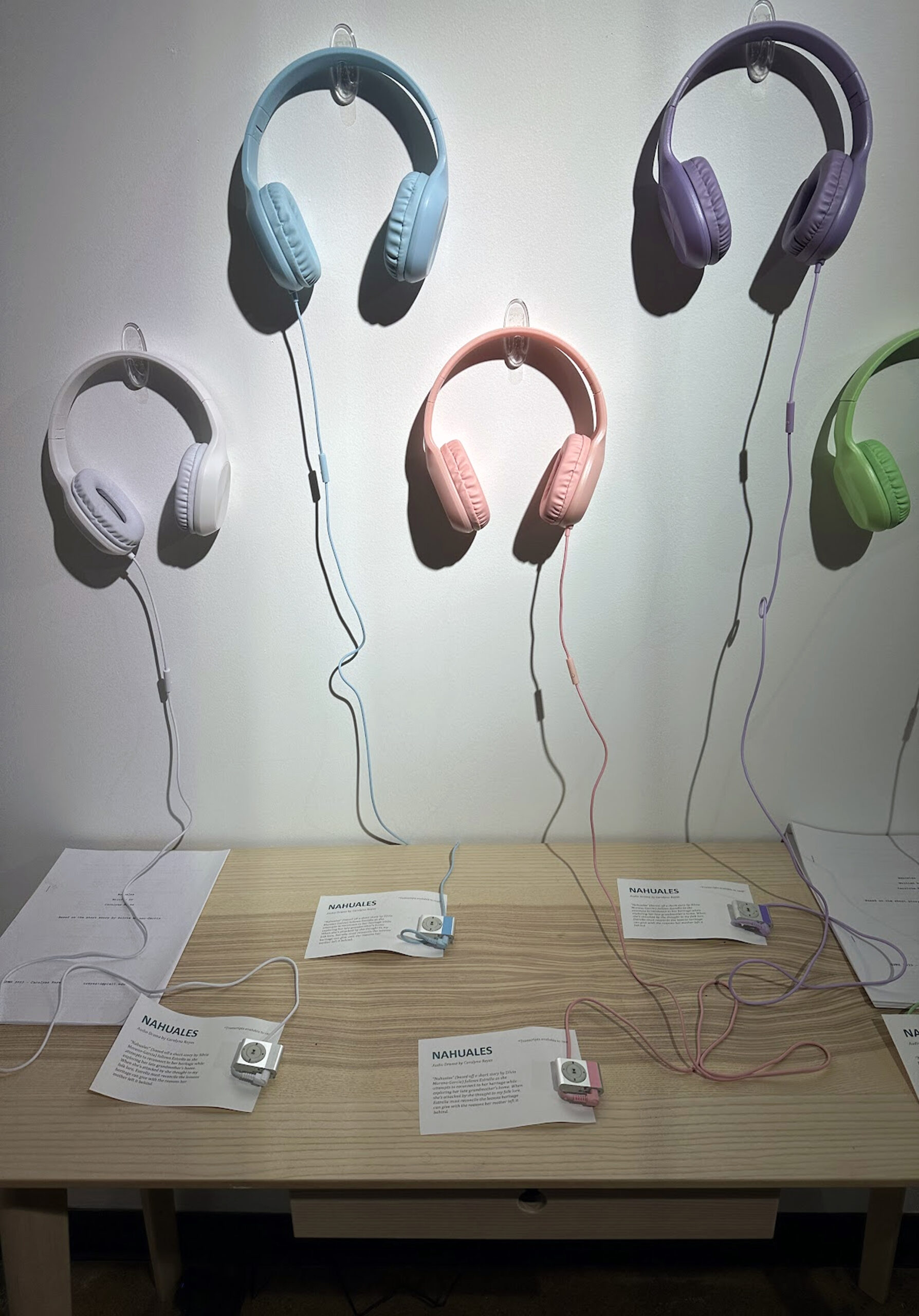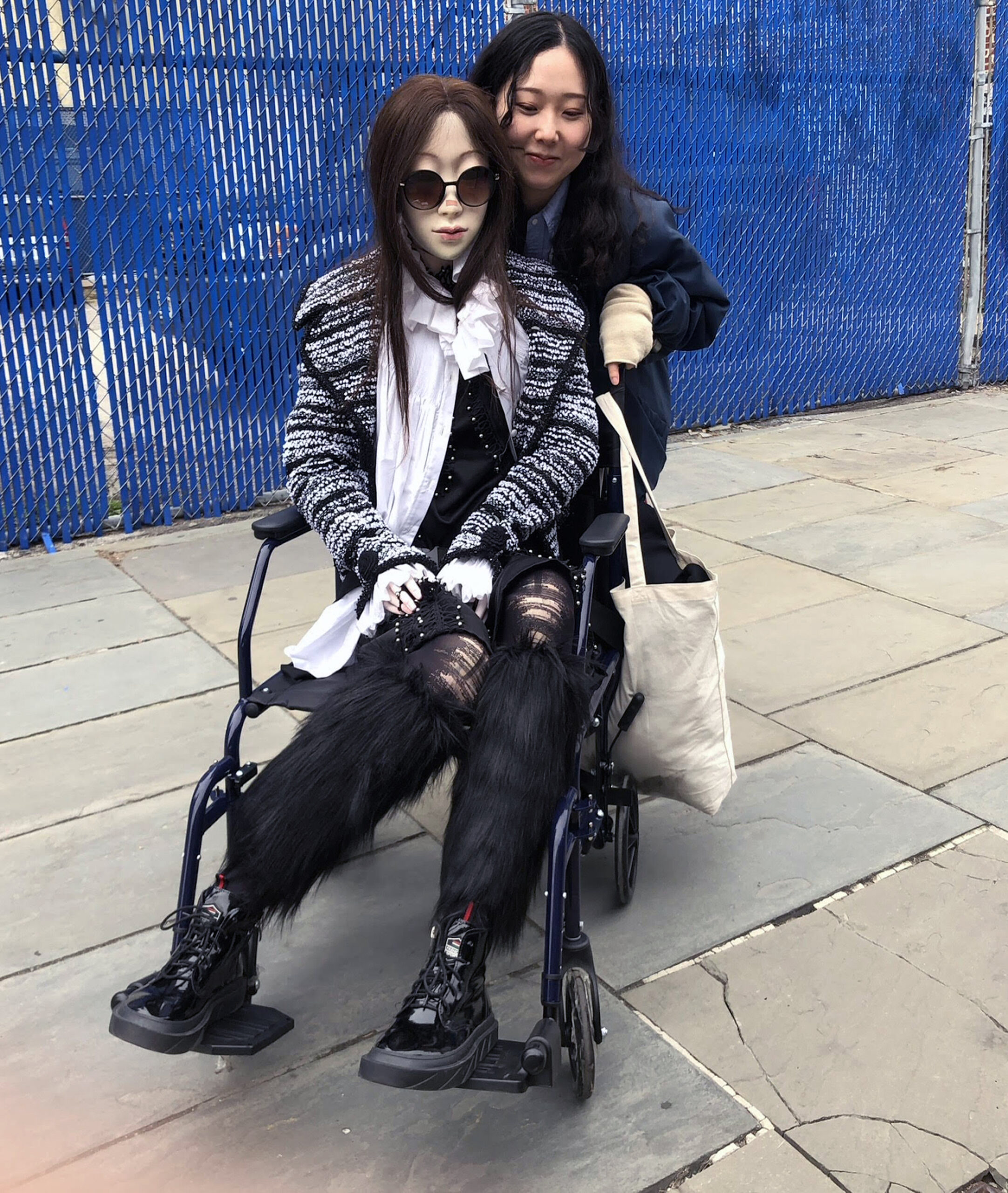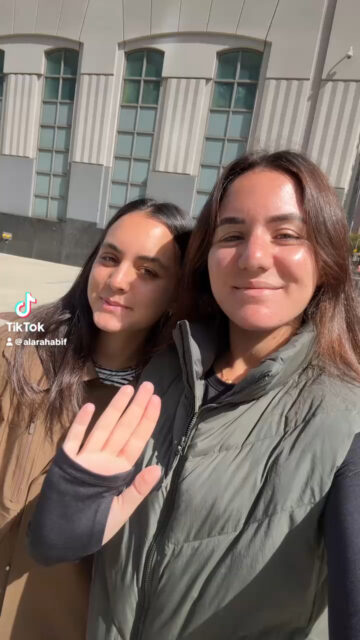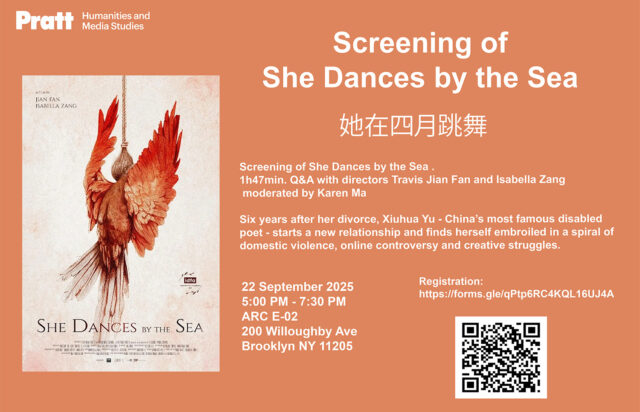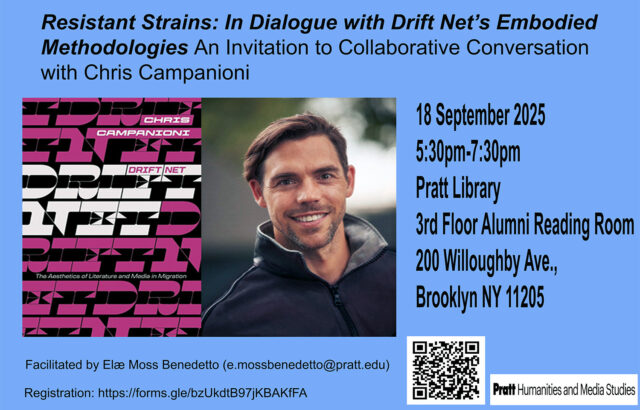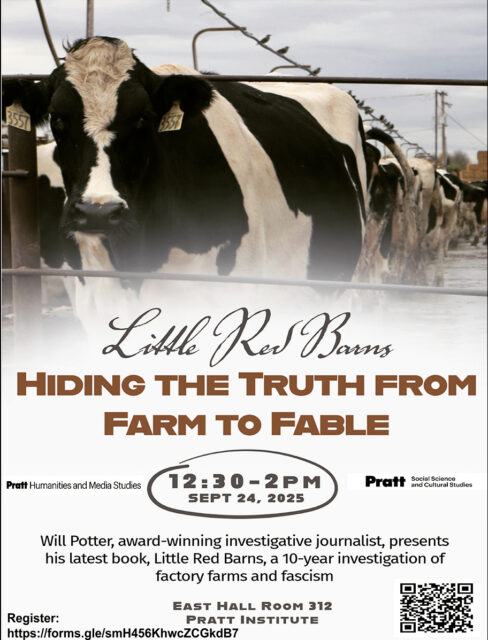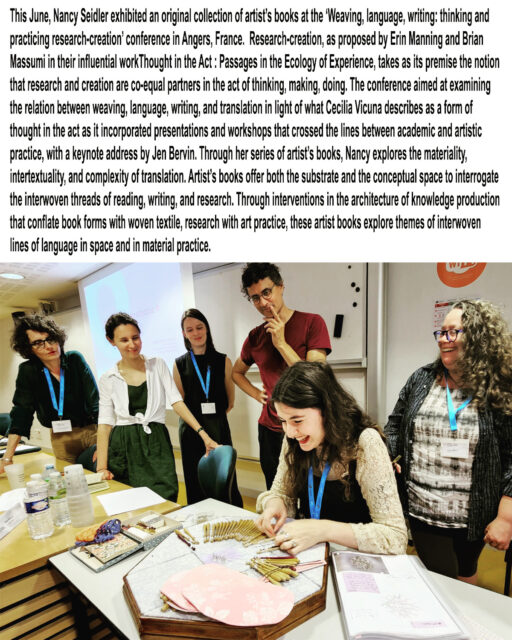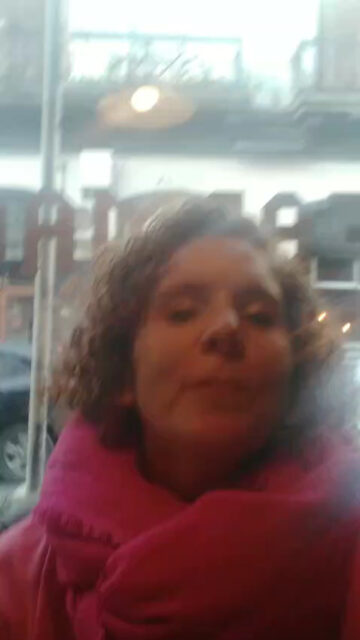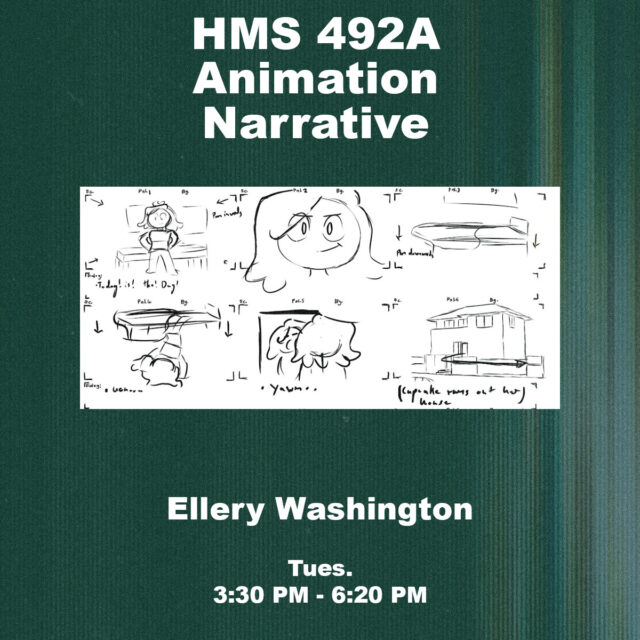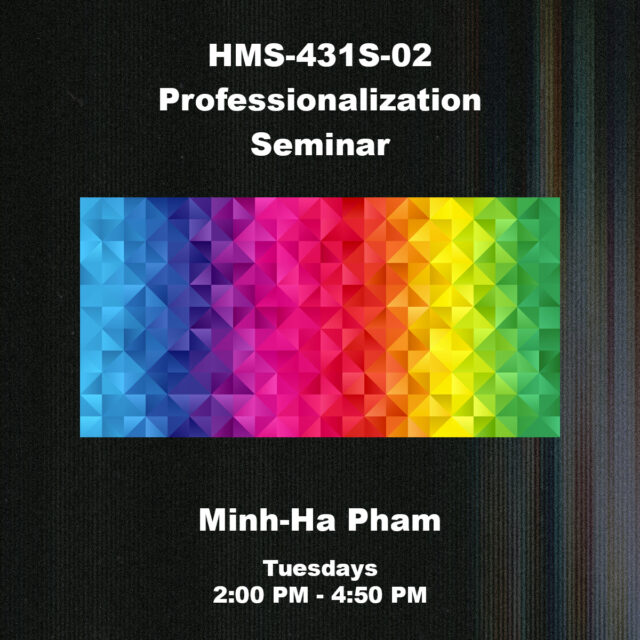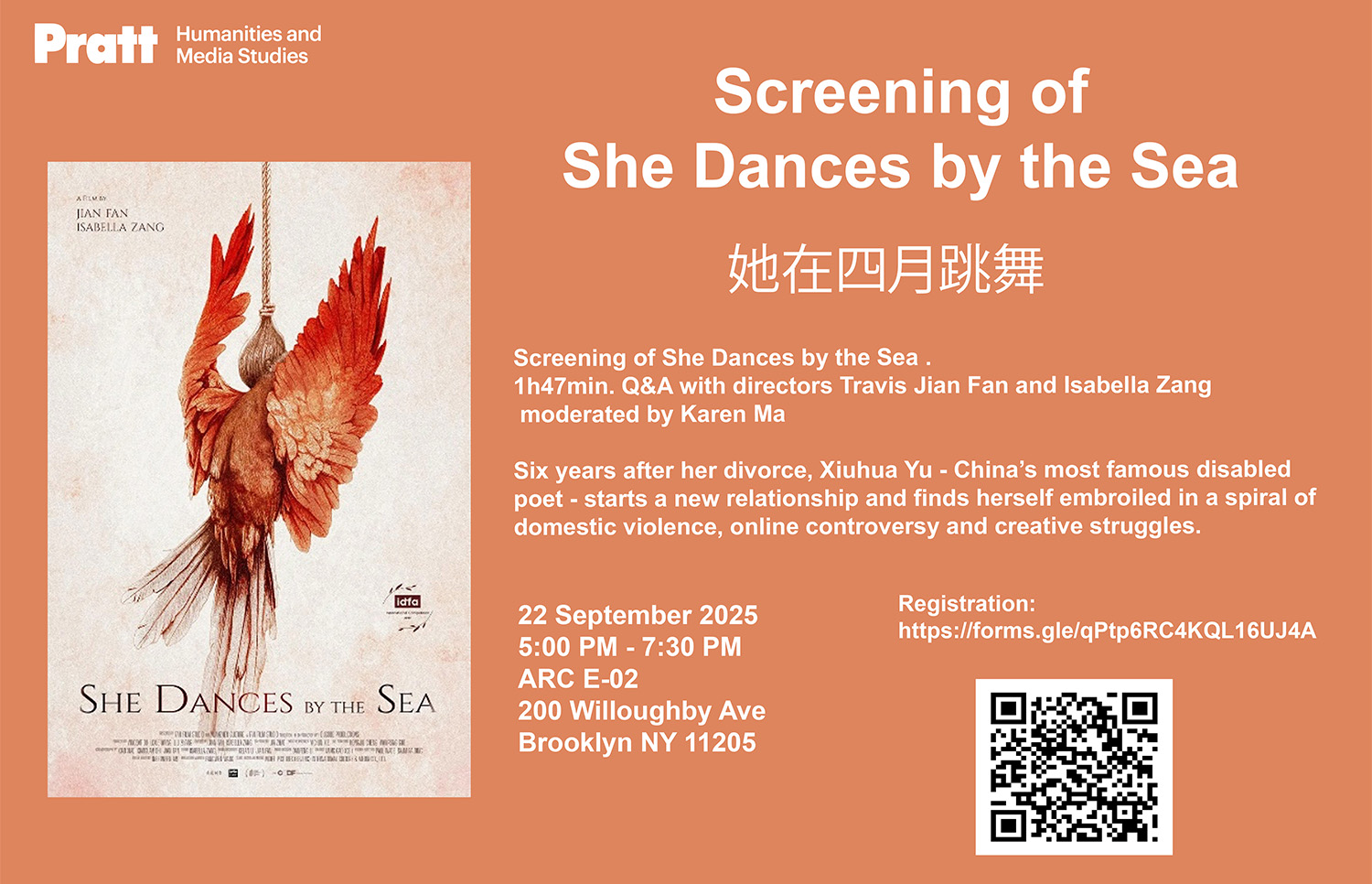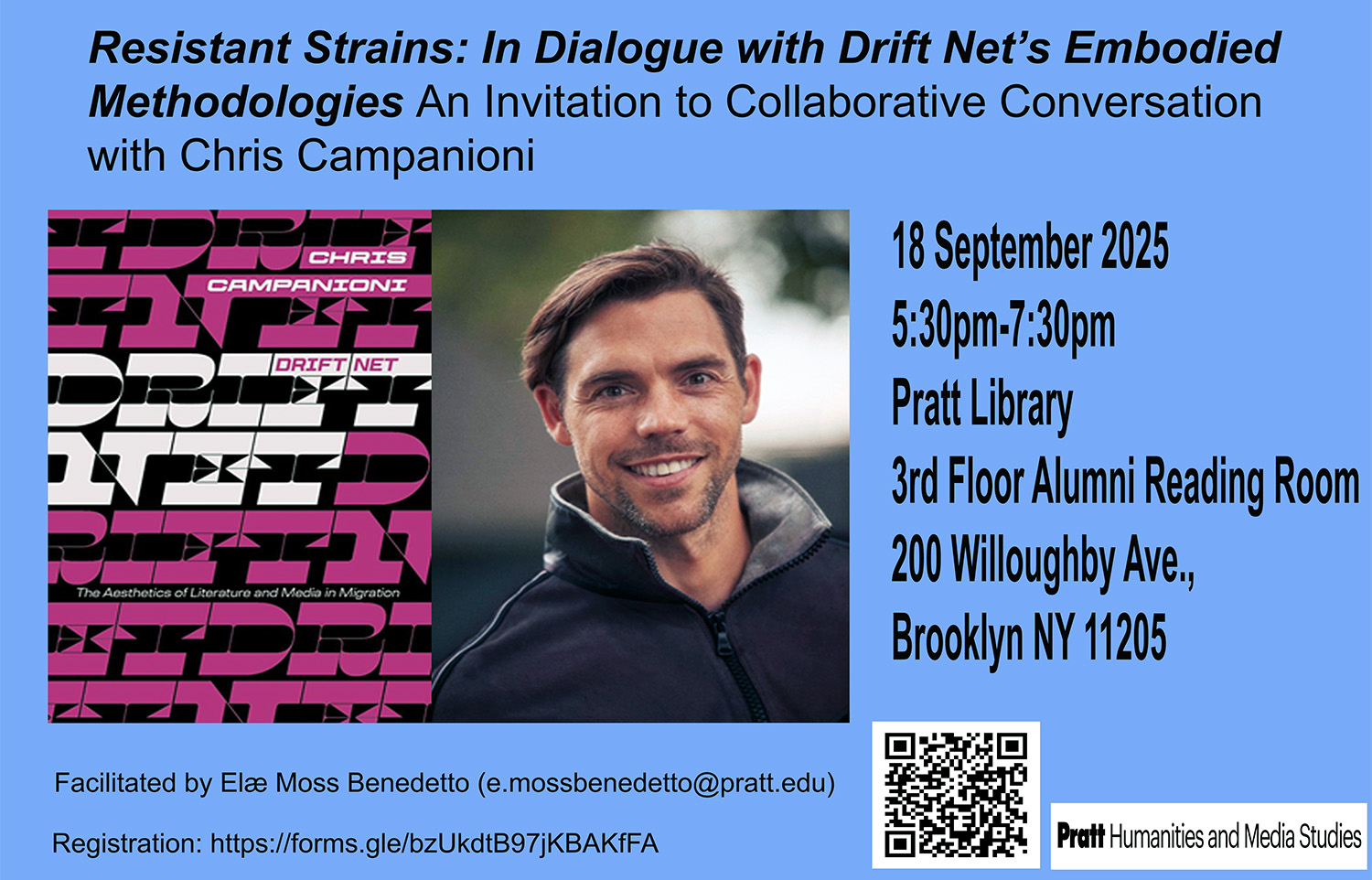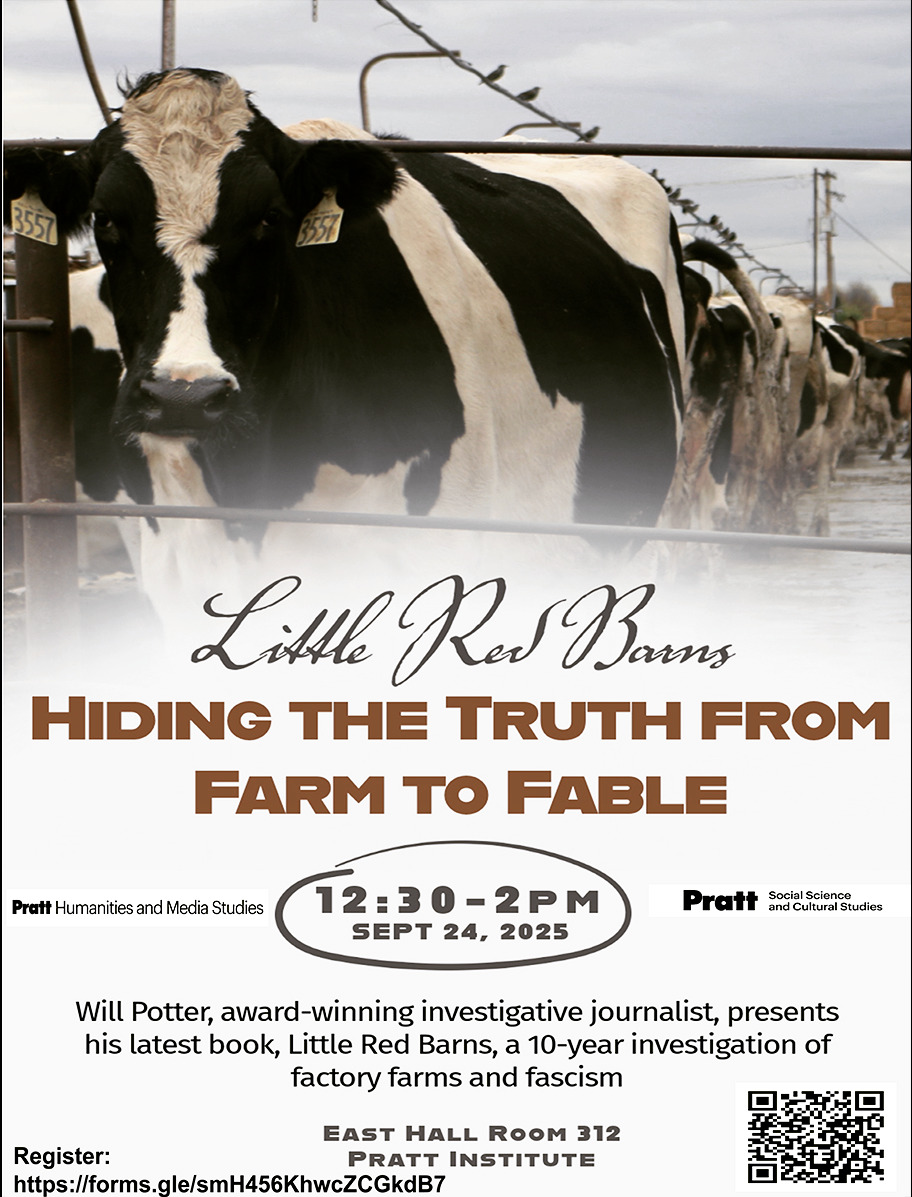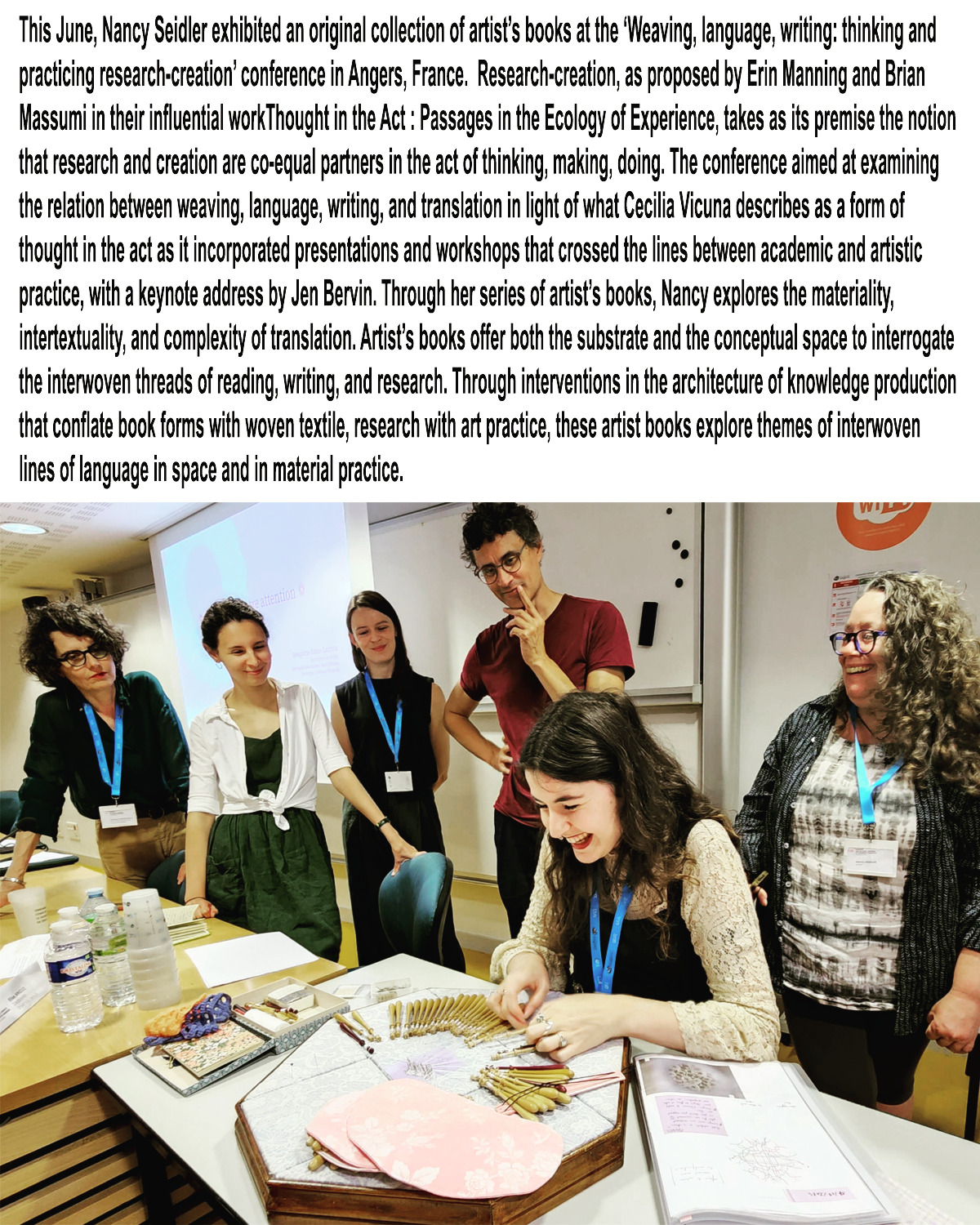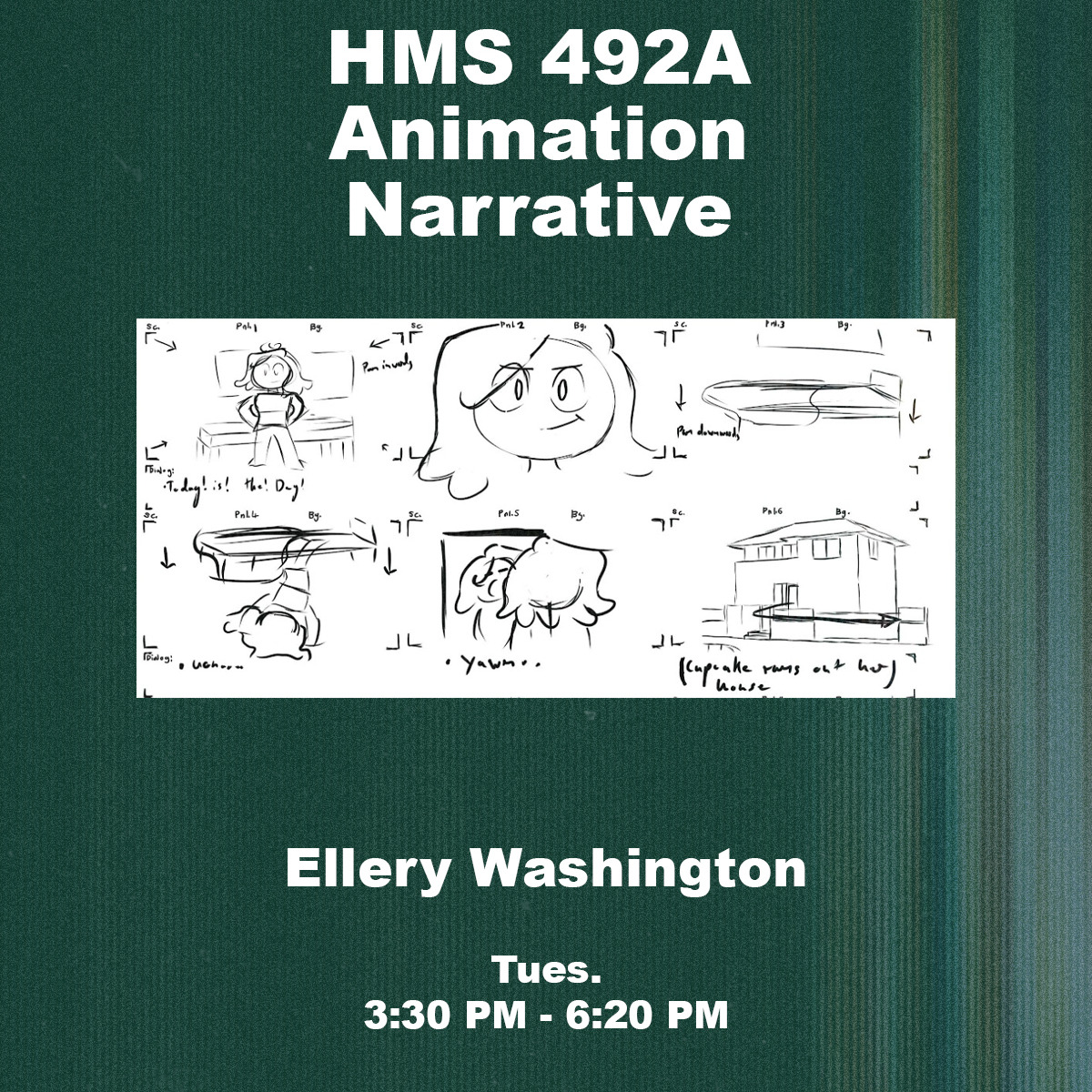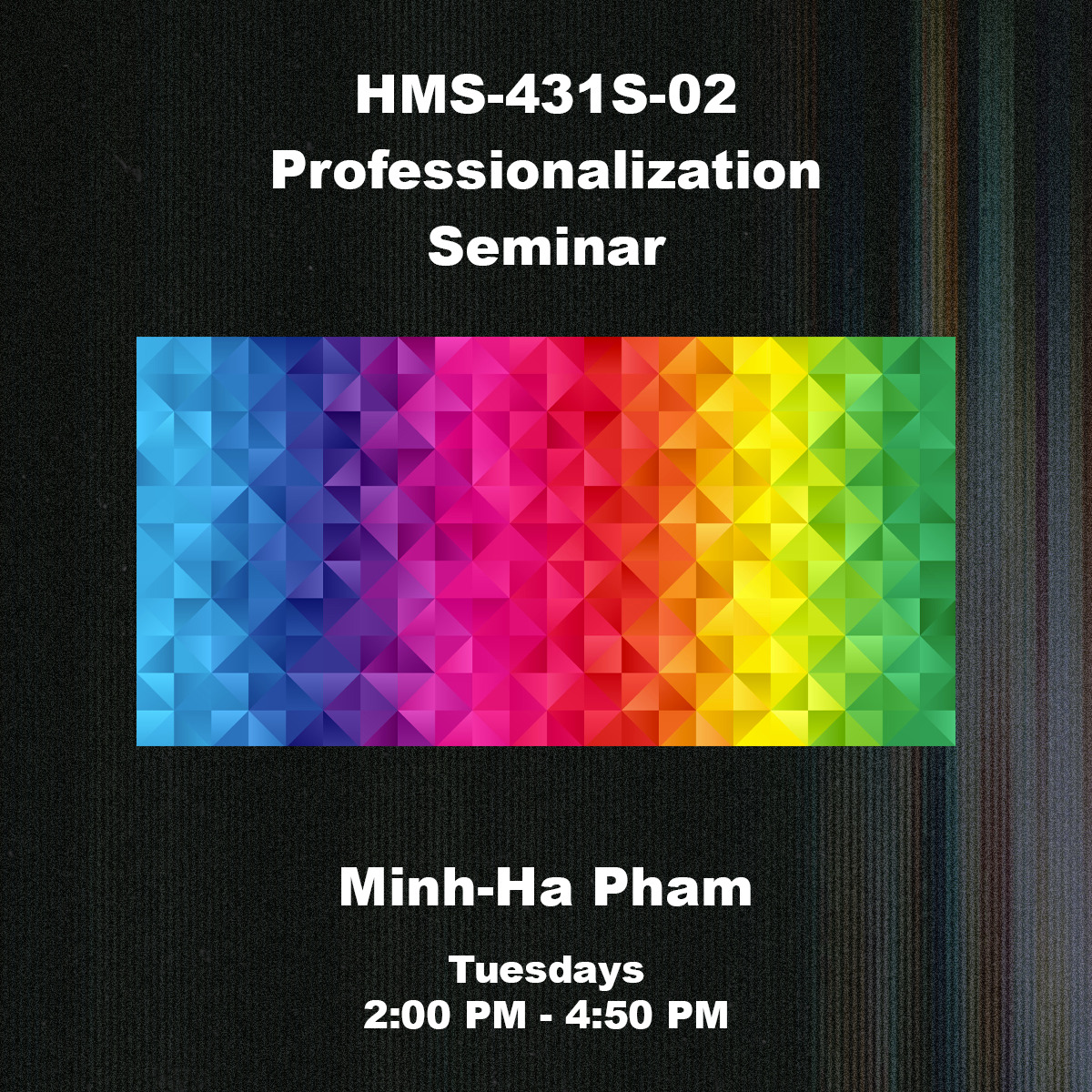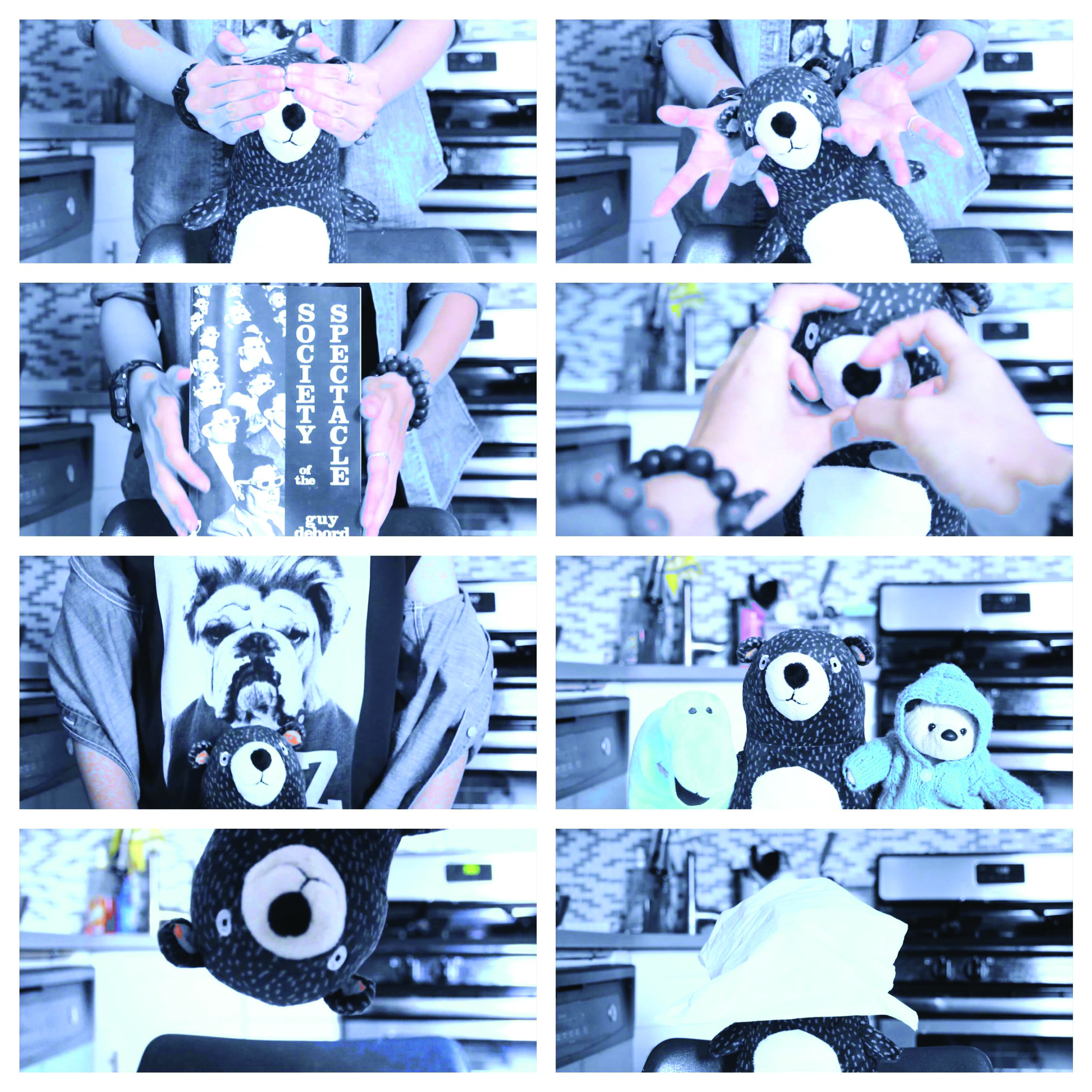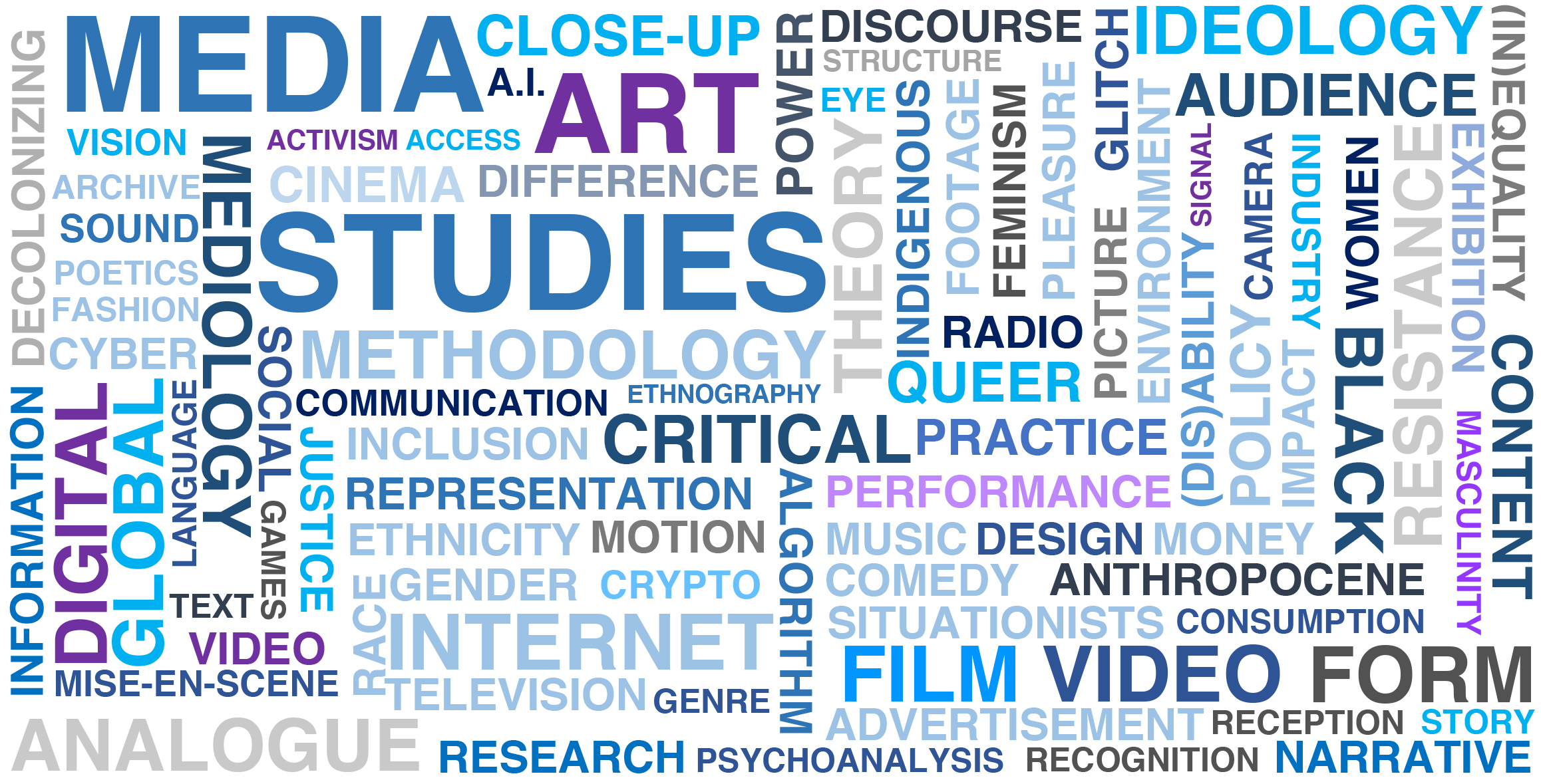
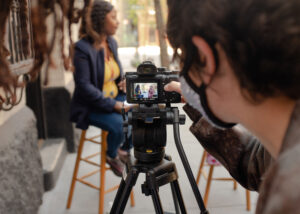
A Graduate Program in Media Studies Designed for Aspiring Media Scholars and Professionals
Combining critical theory and creative practices, your graduate education in media studies will enable you to understand how media influence the way we perceive and interpret the world. In Media Studies, we approach media not only as technologies of creating and sharing information but as productive spaces within which power, identity and differences are articulated, negotiated, and challenged. Our small classes allow students to work closely with faculty who are experts in areas such as digital media, global communication culture, film, performance, music, and sound. Through guest lectures, internships and collaborative projects, students engage with scholars and industry professionals who lead them to the forefront of media research and innovation.
Student Work
Take a look at recent examples of work by our students in our media studies courses.
The Experience
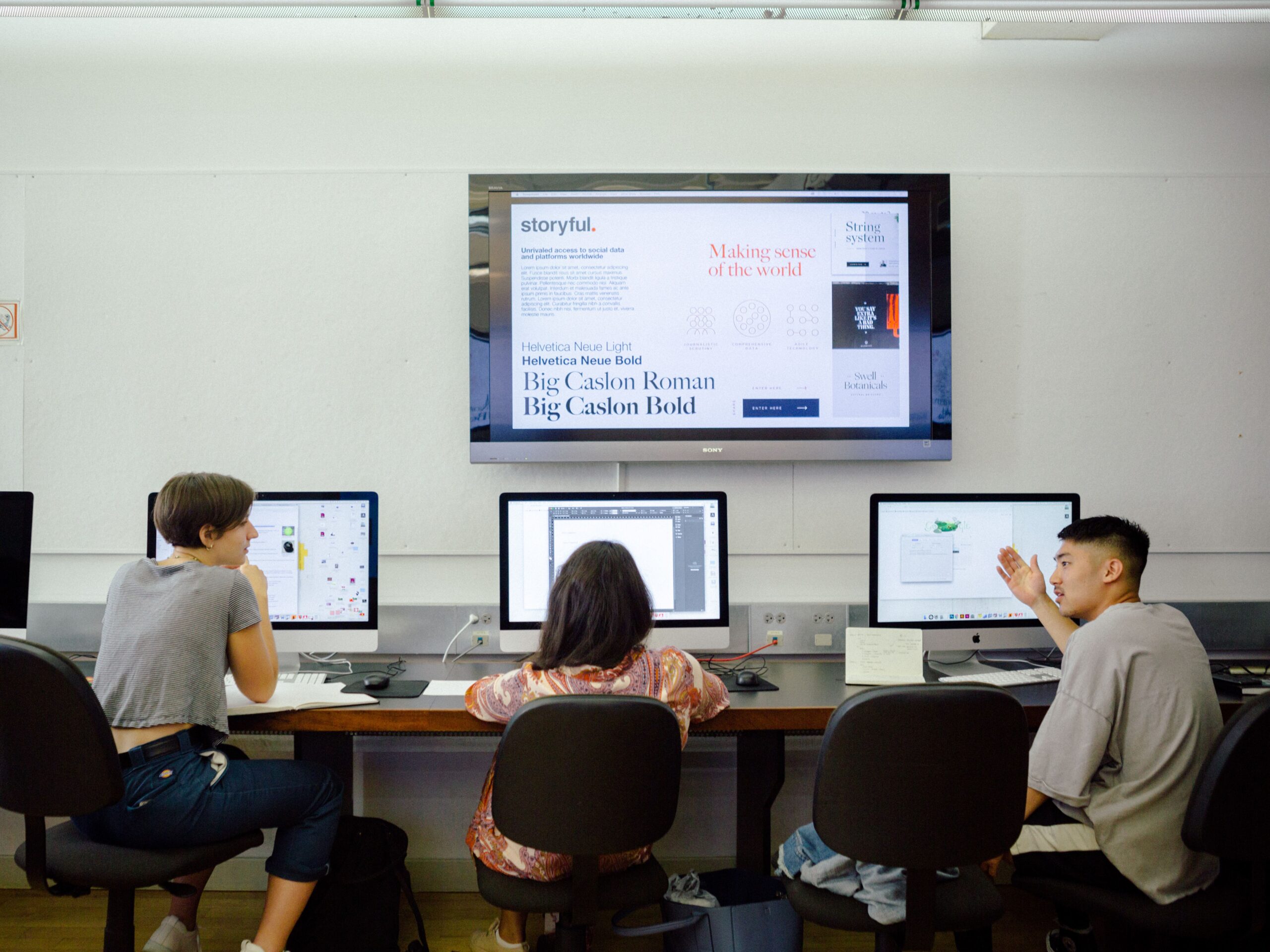
Join our vibrant community of thinkers and creators at the Brooklyn campus, and prepare to make your mark in the ever-evolving media landscape.
Apply today and discover the transformative power of media in our interconnected world.
Internships & Electives
The program offers a range of internships and electives within media studies. You can develop particular areas of concentration through coursework, mentored studies and in one-to-one work with thesis advisers. In elective seminars, you’ll join discussions focused on individual or team presentations on the analysis of texts, films, objects, themes, and theories, engaging the interface between the theorization and production of media.
Professional Outcomes
With an MA in Media Studies from Pratt, graduates are able to:
- work as media professionals
- work across media platforms dedicated to promoting the arts, humanities, education, culture, and social justice
- work as writers, curators, administrators, critics, or social media professionals
- promote their creative practice within the contemporary media environment
- pursue a PhD in cinema, media, cultural studies, race and gender studies, queer studies, and more
Our Faculty
Our faculty are leading academics and media practitioners with a wealth of expertise in areas such as digital media, cinema studies, critical race studies, experimental media art and performance studies. With a focus on transdisciplinarity and practice-based research, they bring diverse views, methods and professional expertise to their classrooms.

Professor, Graduate Program
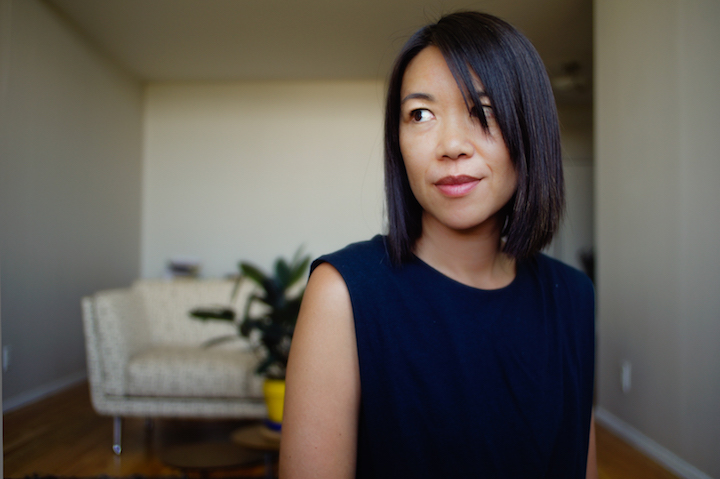
Professor, Graduate Program
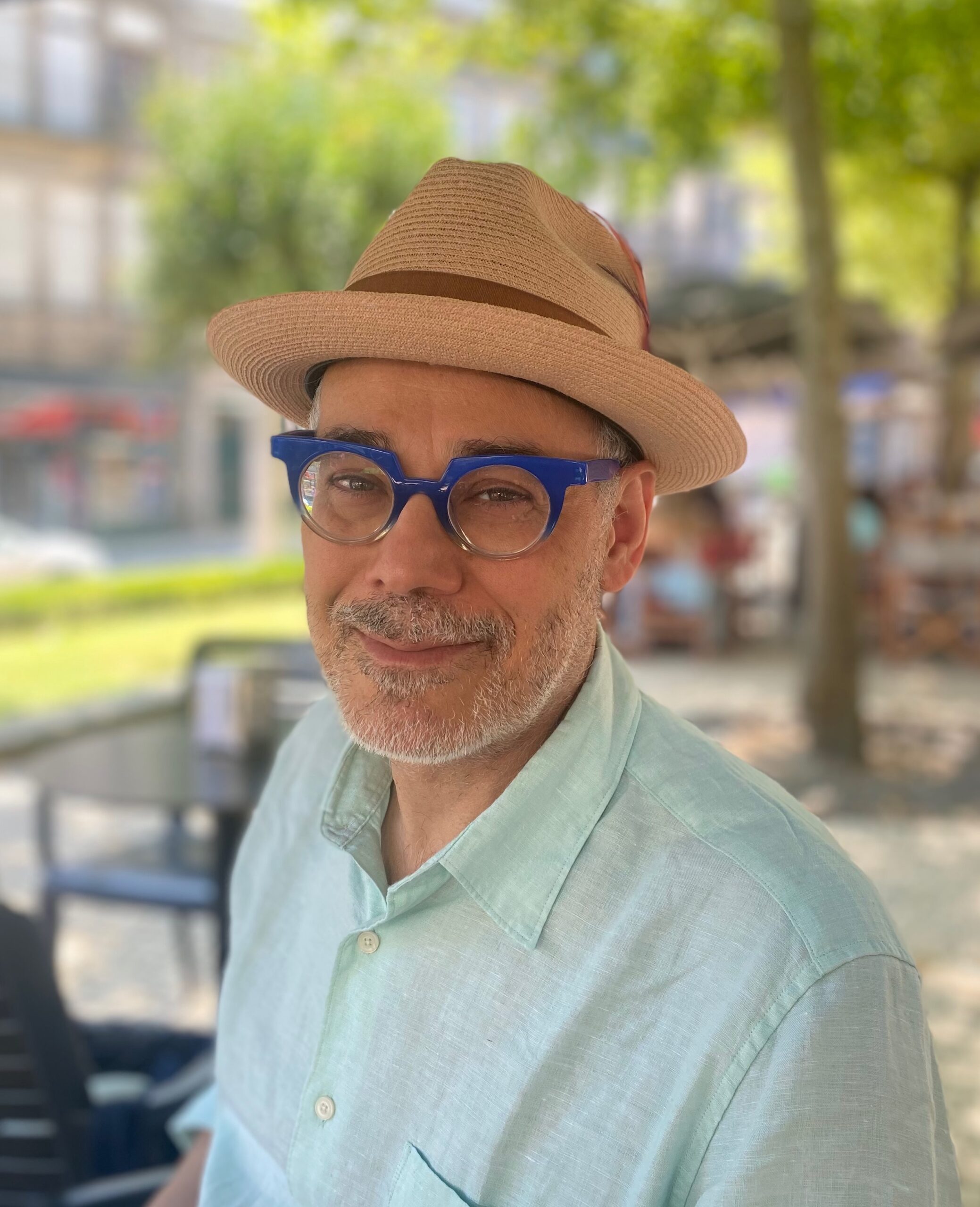
Professor, Graduate Program
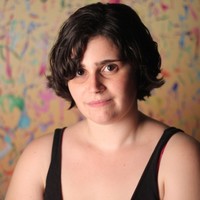
Assistant Professor, Graduate Program
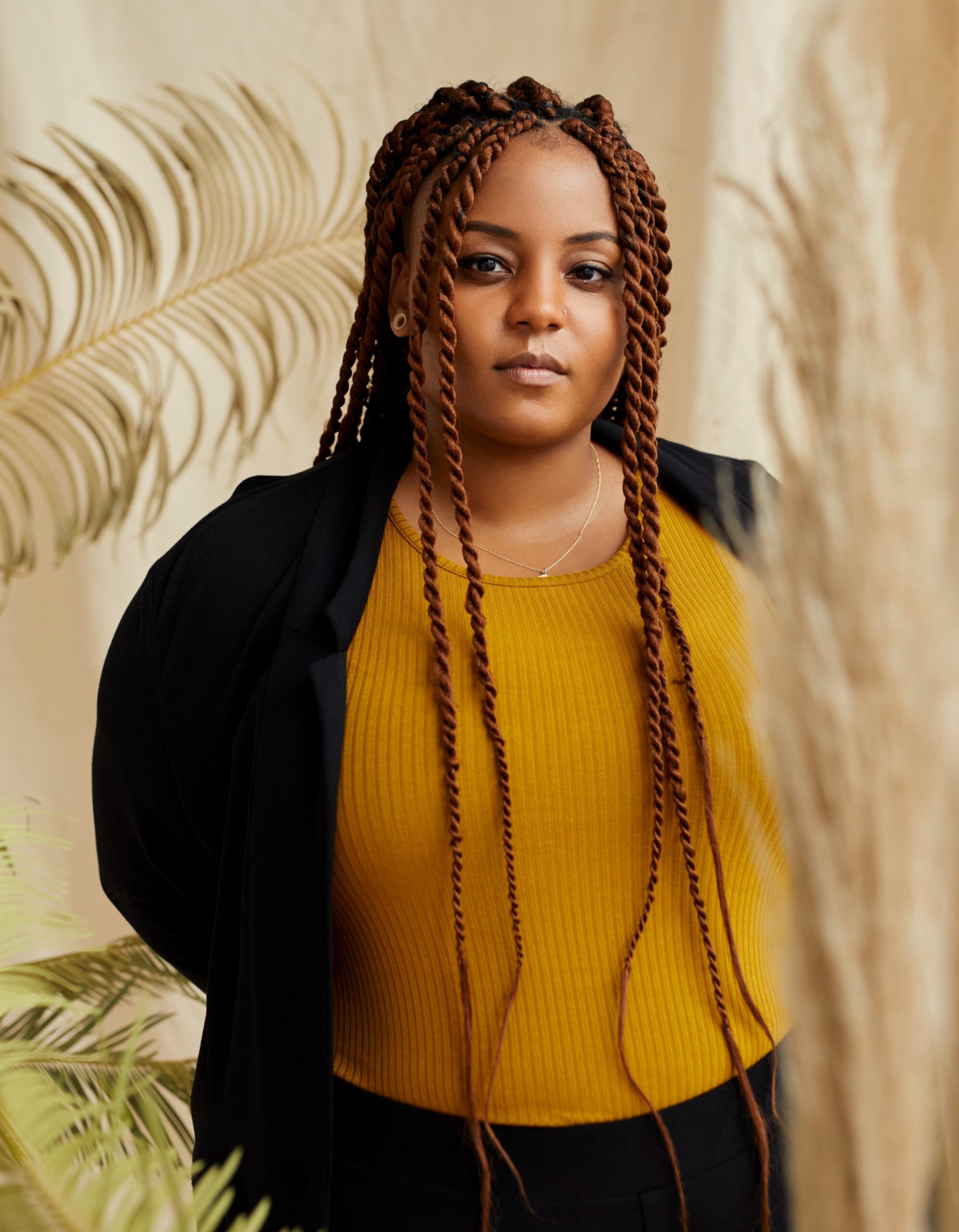
Assistant Professor, Media Studies
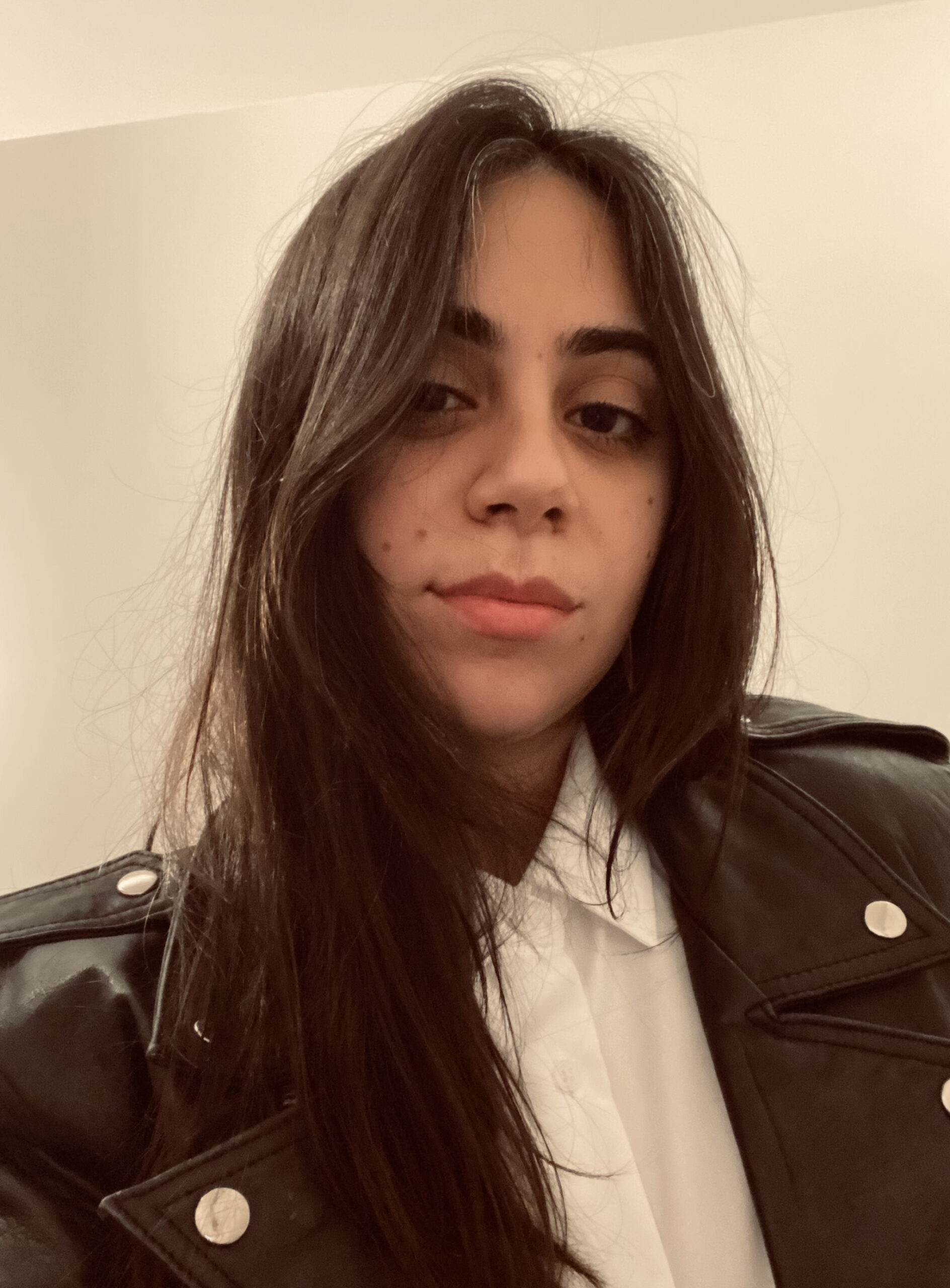
Assistant Professor, Media Studies
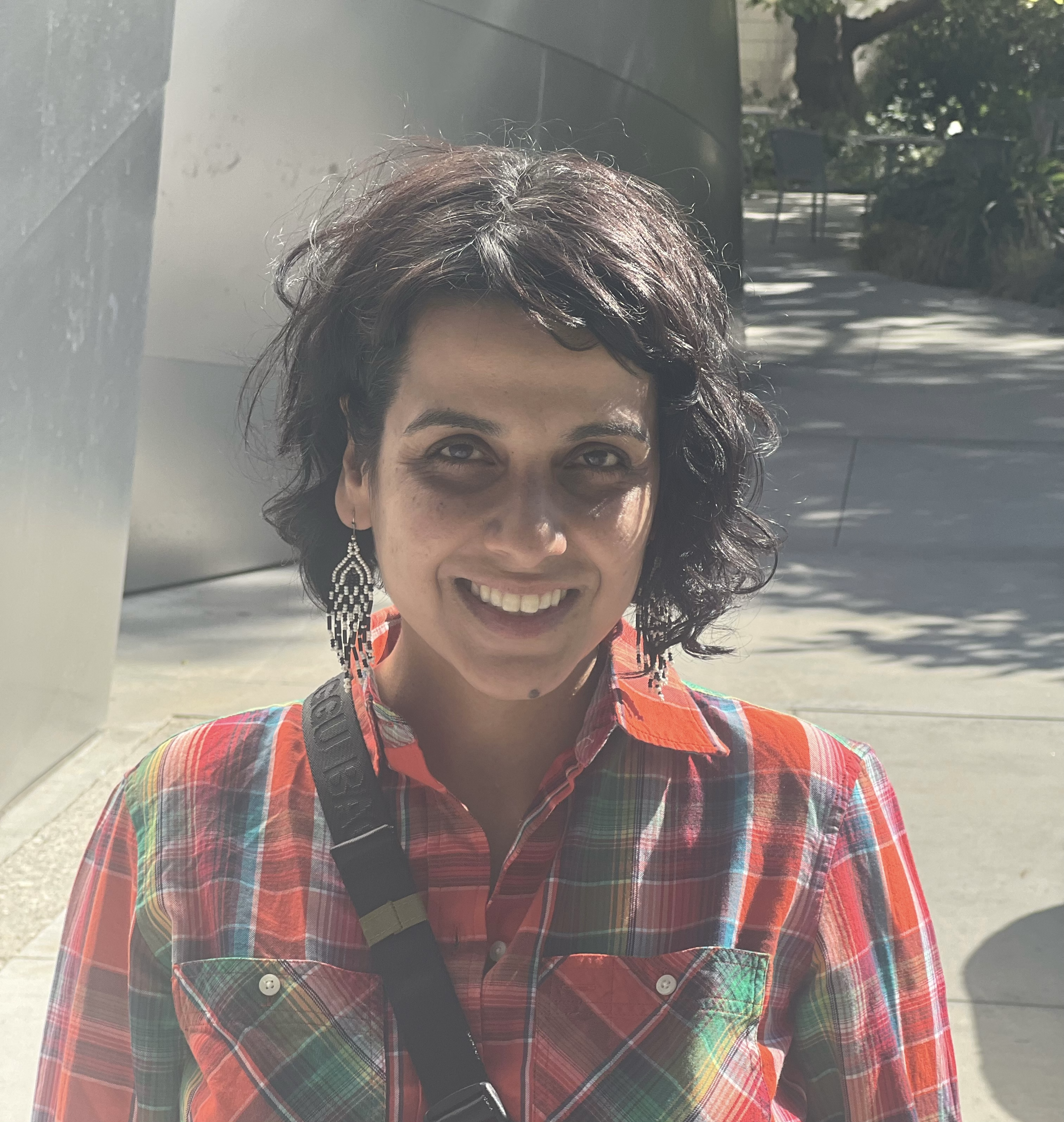
Assistant Professor, Performance and Performance Studies
Our Alumni
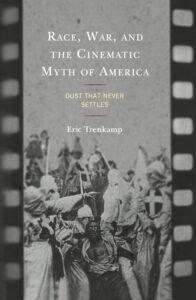
Pratt’s distinguished alumni are leading diverse and thriving careers, addressing critical challenges, and creating innovative work that reimagines our world.
Where They Work
- Eric Trenkamp, GPMS ’20, author of Race, War, and the Cinematic Myth of America: Dust That Never Settles—book based on MA thesis project.
- Keisha Nicole Knight, GPMS ’18 created Sentient.Art.Film, a creative distribution initiative for distributing experimental films.
- Lauren La Melle, GPMS ’18 Office Manager at Aubin Pictures and creator of ScaryCrit — a podcast about horror films and Blackness.
- Alexa McDougall, GPMS ’20 Project Manager at NBCUniversal Media.
- Paige Polk, GPMS ’19 joined the Advancement Project National Office team in DC as Sr. Digital Campaigns Innovator, where she builds interactive digital projects related to their community organizing campaigns.
Ready for More?
| HERE’S HOW TO APPLY | OUR CAMPUS & BEYOND |
|---|---|
| Learn more about admissions requirements, plan your visit, talk to a counselor, and start your application. Take the next step. | You’ll find yourself at home at Pratt. Learn more about our residence halls, student organizations, athletics, gallery exhibitions, events, the amazing City of New York and our Brooklyn neighborhood communities. Check us out. |
